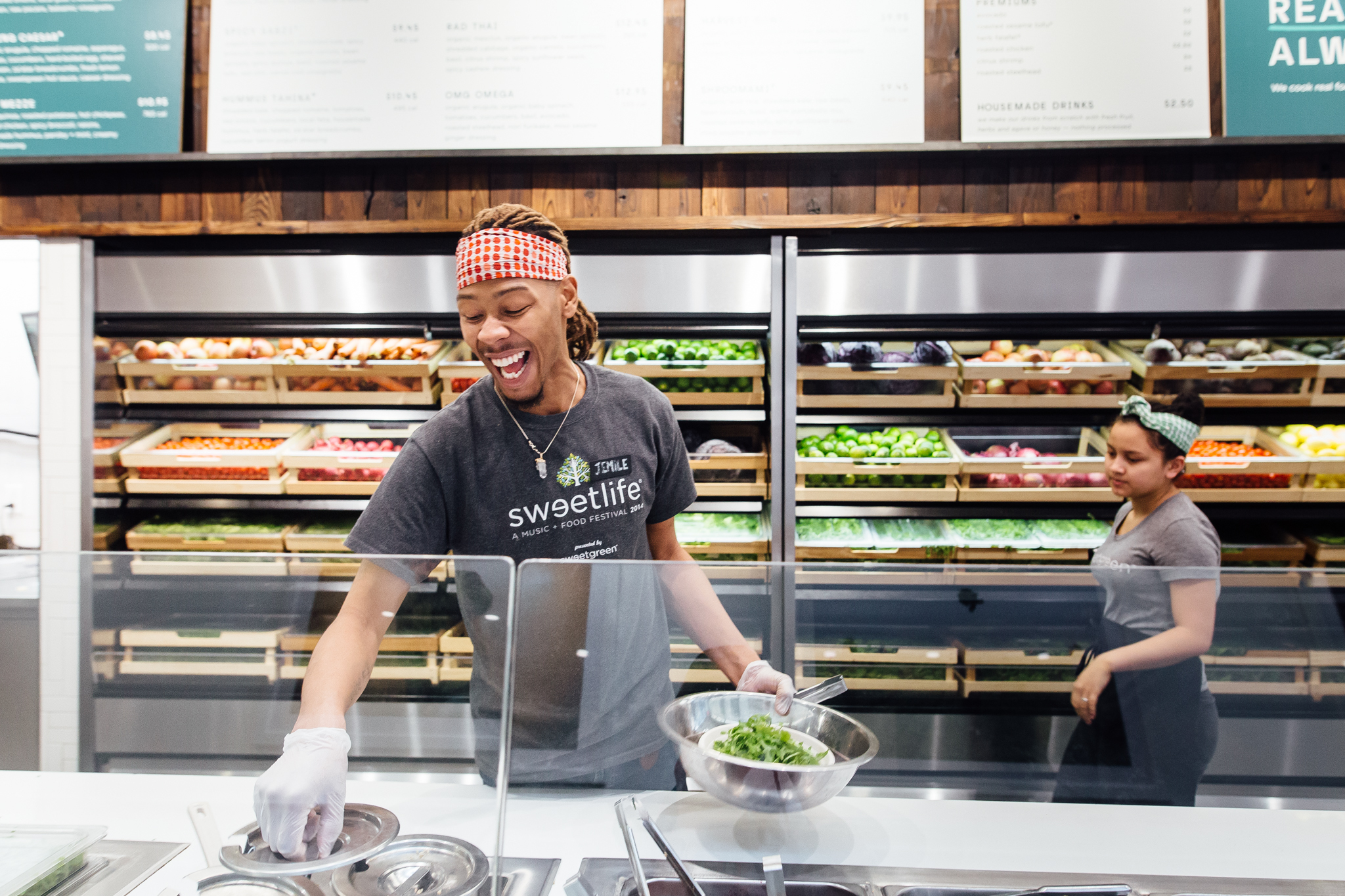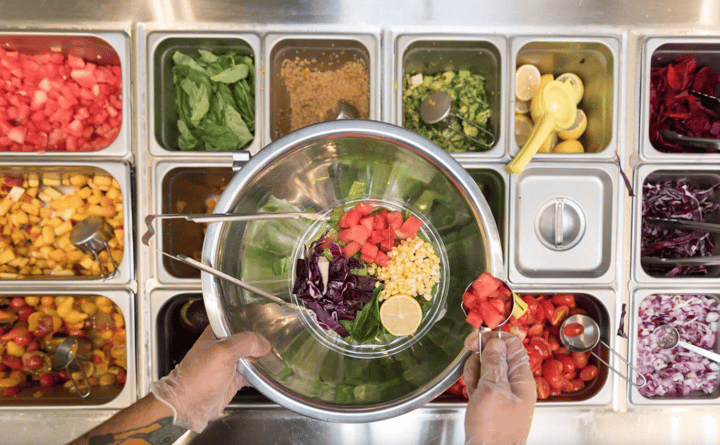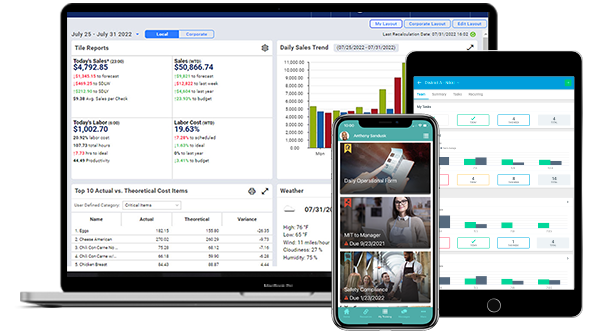
- Home
- Crunchtime Blog
- The Importance of Follow-Up Tasks for Efficient Operations

The Importance of Follow-Up Tasks for Efficient Operations
Task management is an essential part of operating a business: prioritizing tasks, assigning them to employees, and following up to ensure completion are all critical for any senior manager to run an efficient operation. The most common gap when it comes to task management? Follow-up.
Since it’s difficult to predict which areas will need follow-up and when, it requires a certain amount of employee accountability. Oftentimes, follow-up tasks lead to one of three things:
- Inefficient use of the manager’s time
- Long task completion time
- Oversight of important issues
And it’s no surprise. Email chains, paper documents, and phone calls are antiquated forms of company-wide communication. How do you know if one of your stores has a broken sign? Or if the parking lot is littered with gum and trash? During their shifts, employees might notice these issues at a store, but who ensures they’re fixed?
With traditional methods, the employee who discovers the dirty parking lot or broken sign is responsible for reporting it to the store manager, and then the manager is responsible for notifying the proper authorities, scheduling maintenance, and ensuring its completion. This can quickly become a long, drawn-out process.
Modernizing your task follow-up process
With a mobile restaurant task management software solution, store management and the corporate office get real-time information with automated follow-up tasks. That means, the manual process that ate up hours of time for a less-than-ideal result now takes minutes. Rather than tracking down employees each day to check the status of work, you can simply log in to a dashboard to see where the task stands. This goes for any key area of the store that can be audited—a dirty restroom, ingredients left out in the kitchen, or a sticky floor. Basically, any problem that can go wrong at a store that poses a real concern to your brand image can be discovered and fixed faster than ever before.
Here’s how it works on a routine basis: Through a mobile app, a district manager is conducting a store audit and arrives at the question, “Is the restroom clean?” Your district manager is aware of your brand standards (you can even remind them what they are in the form), and they answer "No.” Then, a follow-up task is automatically assigned to the store manager with a directive to "Clean the restroom.”

A mobile restaurant task management software like Zenput can even track compliance standards, capture photos, and confirm geographic location so you can be confident that tasks are completed accurately. With mobile solutions, you can also see historical trends to identify and get in front of recurring problems before they damage your brand image. Automating follow-up tasks allows you to move faster, easily prioritize, save time and money, and, most importantly, ensure no problem gets overlooked. Curious to learn more? Schedule a demo to learn how Zenput’s audits and follow-up tasks can help your organization improve accountability and efficiency.
Share this post
Related


5 Operational Forms You Should Be Using in Your Restaurant


